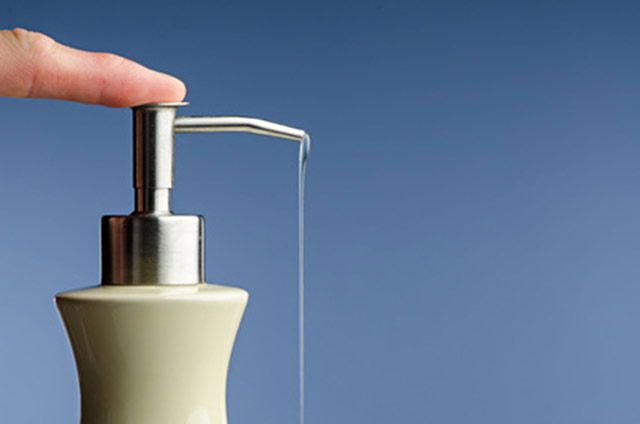FDA has banned antibacterial chemicals from soaps, finally stating that they are not any more effective than regular soap and water and could cause damage in the long run.
This move affects 2,100 products, which is about 40 percent of the antibacterial soap products on the market, Dr. Theresa Michele, director of the FDA’s division of nonprescription drug products, said on a conference call with reporters.
The new rule does not affect products used in hospitals like hand sanitizers or other antibacterial products.
“Consumers may think antibacterial washes are more effective at preventing the spread of germs, but we have no scientific evidence that they are any better than plain soap and water,” said Janet Woodcock, M.D., director of the FDA’s Center for Drug Evaluation and Research (CDER). “In fact, some data suggests that antibacterial ingredients may do more harm than good over the long-term.”
The FDA statement recommends the following:
The FDA first started taking a closer look at antibacterial soaps in 2014, and have finally decided that they are potentially unsafe.
Studies have also shown that antibacterial soaps are endangering the health workers that use them. Antibacterial soaps also pose risks to pregnant women and fetuses, such as bacterial resistance or hormonal effects.
Note: None of the information in our website is intended to diagnose, treat, cure or prevent any illness or disease. The content on our website is for educational purposes only.
DON’T FORGET to sign up for our weekly newsletter to get our latest articles, updates, free recipes and giveaways.
FDA takes a close look at antibacterial soaps.
Antibacterial soaps endangering health workers.
Antibacterial soaps pose potential risks to pregnant women and fetuses.
REFERENCES:
1. “FDA Bans Antibacterial Chemicals From Consumer Soaps.” The Huffington Post. HuffingtonPost.com, n.d. Web. 5 Sept. 2016.
2. “FDA Issues Final Rule on Safety and Effectiveness of Antibacterial Soaps.” FDA.gov. U.S. Food & Drug Administration, n.d. Web. 06 Sept. 2016.

















